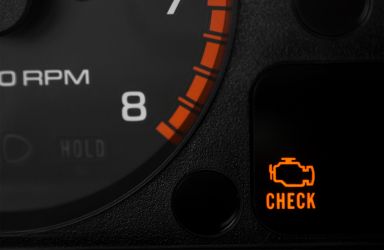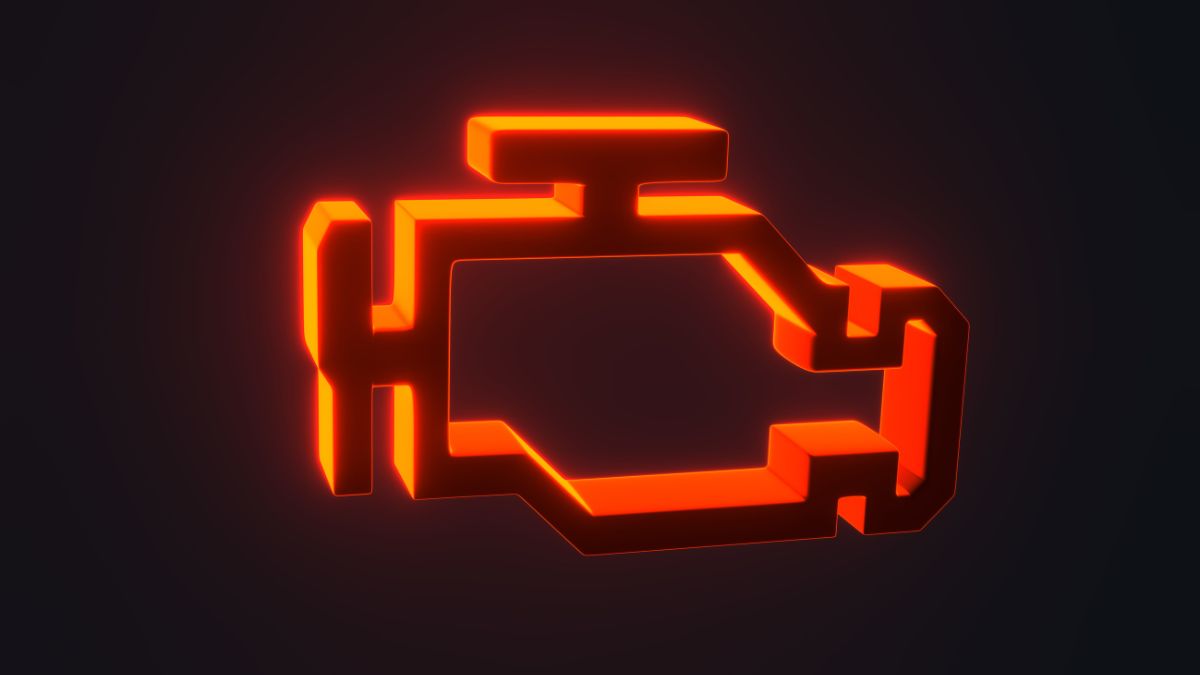It can be stressful when your dashboard warning lights or check engine light come on in your vehicle. Should you stop right away for repairs? Is it something that can have a negative impact on your safety? How much will the repairs and service cost?
We are here to help answer your automotive questions at Brandon Ford in Tampa, FL. If your check engine light is on, you are likely asking — why is my check engine light on? We hope that this list of the Top 5 Reasons Your Check Engine Light is On will answer your question and provide a little peace of mind.
Why Is My Check Engine Light On?
There are many reasons why your check engine light might be on — and not all of them mean a trip to the mechanic. No matter if it is a loose gas cap or a bad sensor, it is important to know the most common reasons your check engine light is on, so that you can take the appropriate course of action and enjoy peace of mind the next time you get behind the wheel.
Here is a list of the most common reasons your check engine light is on:

1. Loose or Bad Gas Cap
One of the most common reasons why your check engine light is on is a loose or faulty gas cap. Your gas cap works as an important part of the emissions system and a loose or bad gas cap will allow fuel vapor to escape — which triggers your check engine light. You may encounter this issue if you forget to tighten down your gas cap after refueling or if there is a bad seal.
2. Bad Catalytic Converter
Your catalytic converter is a key mechanical element of your emissions system and when you have a bad catalytic converter, your vehicle can release harmful emissions that are detected by emissions sensors. In many cases — issues with your catalytic converter are caused by other mechanical issues.
3. Bad Oxygen Sensor
The oxygen sensors in your vehicle measure the amount of unburned oxygen in the exhaust system and are a key indicator of how efficient the combustion process is. Oxygen sensors will typically fail at around 80,000 miles and a bad sensor can trigger multiple different engine codes that are indicated by your check engine light.
4. Bad Spark Plug or Wire
Another common cause of a check engine light is a bad spark plug or spark plug wire. When your vehicle has a worn spark plug or spark plug wire, it can cause your engine to misfire on a single cylinder or all cylinders. When spark plugs fail and your engine misfires, it can cause your check engine light to come on.
5. Bad Mass Airflow Sensor
The combustion process in your engine relies on precise amounts of fuel and oxygen. Your mass airflow sensor measures the amount of air in your engine and when the fuel-air mixture is not correct, it can cause your check engine light to go on. The mass airflow sensor can be sensitive to dirt, debris, oil, and water — which can be cleaned to fix the issue.
Has the check engine light come on in your car, truck, or SUV? Are you not sure why it happened? This list of Top 5 Reasons Your Check Engine Light is On created by Brandon Ford may answer your questions. Apply for credit approval today and get behind the wheel of a brand-new 2025 Ford F-150 in Tampa, FL!


